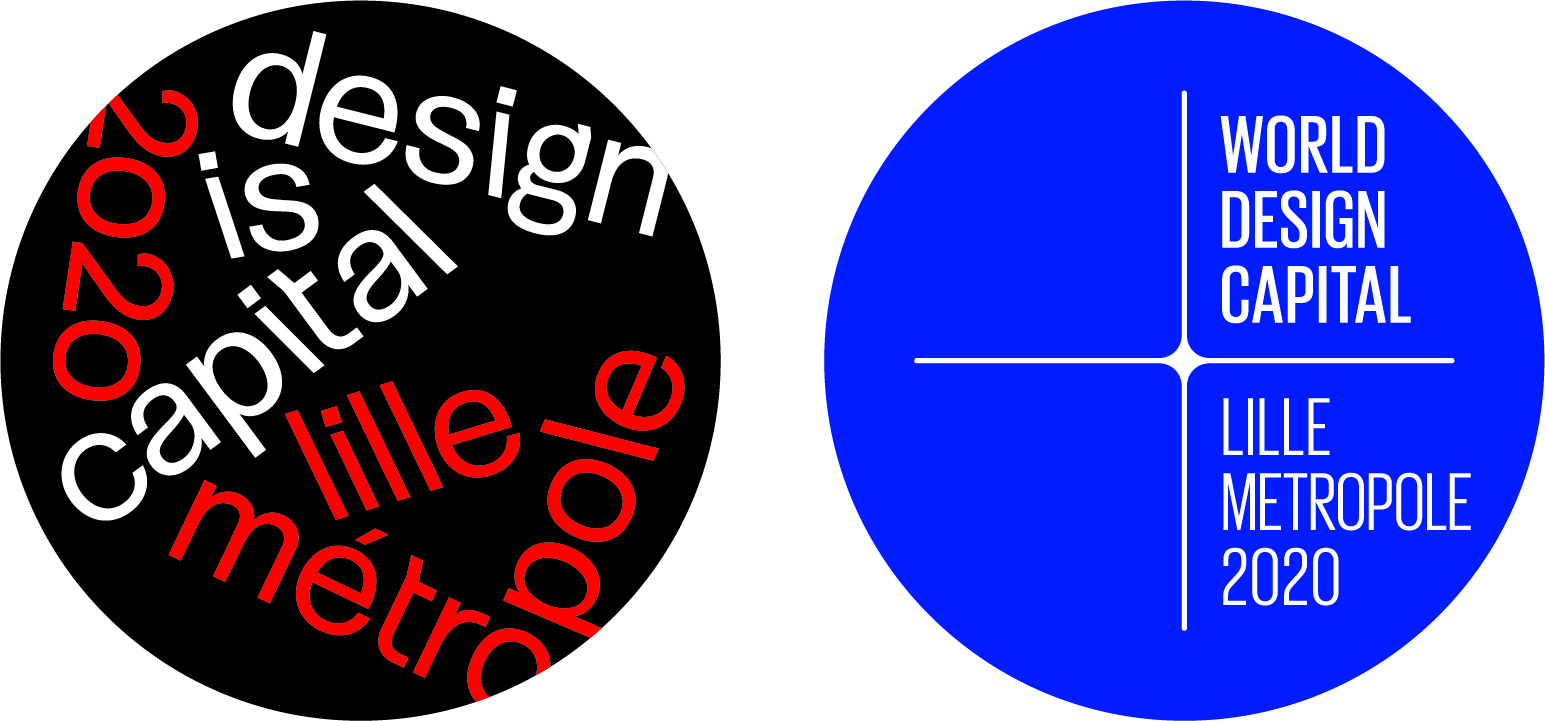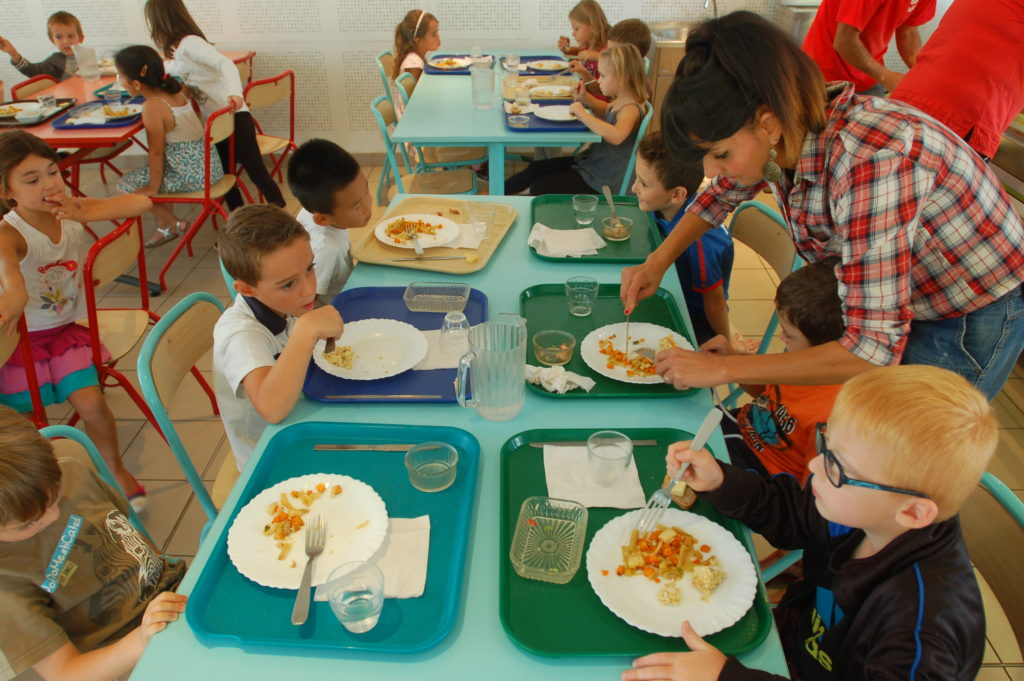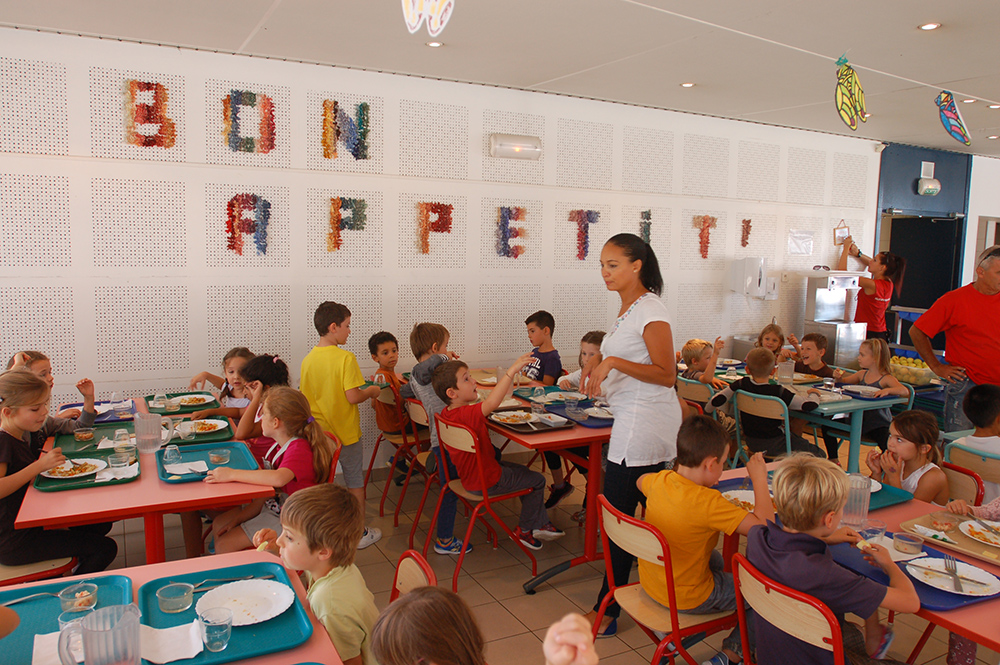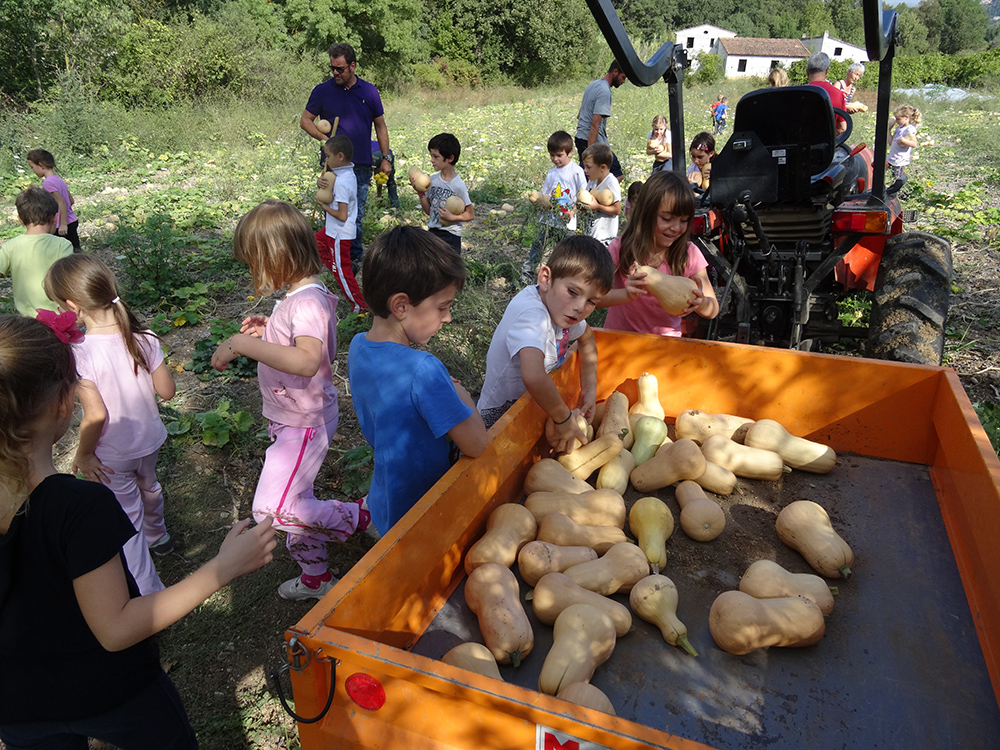POC URBACT Biocanteens Transfer Network, Mouans-Sartoux – FR
Sustainable school meals for green and healthy local food systems
For those familiar with Asterix comics, Mouans-Sartoux could be compared to a small sustainable city, surrounded by the rather unsustainable French Riviera, where it’s all about real estate interest, high pressure on land use and mass tourism.
At the core of the city, you will find a Good Practice, a sustainable food project that consists on a daily distribution of 1000 meals, made of 100% organic products and mostly local, produced by the 7 ha municipal farm of protected public land, right in the city centre, and employing 3 civil-servant farmers.
Think global, act local
The scheme is based on a drastic reduction of food waste (compensating for the high cost of switching to organic products), the introduction of plant proteins in menus, educating children and families to eat healthy foods, sustainable food and the positive effects of local agriculture.
Beyond its canteen scheme and the territorial food governance mentioned here, the city of Mouans-Sartoux has an outstanding sustainable ecosystem. The city of Mouans-Sartoux seems to embody the motto: ‘think global, act local’. Governance is fed and inspired by its engagement at regional, national and international levels, and, in particular, by leading the BioCanteens URBACT Transfer Network.
Biocanteens URBACT Transfer Network
BioCanteensensures the distribution of sustainable school meals in participating cities as a leverage point for the development of an integrated and local agri-food approach, protecting both citizens’ health and the environment. The project aims to transfer Mouans- Sartoux’s Good Practice in the field of collective school catering to another 6 highly committed cites across Europe: Pays des Condruses (Belgium), Rosignano- Maritmo (Italy), Torres Vedras (Portugal), Trikala (Greece), Troyan (Bulgaria) and Vaslui (Romania). The design activities carried out between the 7 partner cities reside in defining a transfer process, based on 8 transfer modules: implementation of a municipal farm platform, sharing micro-good practices around school kitchens and food education, organic offer and demand, food governance and food sovereignty, public procurement, etc.
- Porteurs de projet/Project holders :ville de / cityof Mouans-Sartoux
- Acteurs/Stakeholders : Ce cas provient du réseau Biocanteenscofinancé par l’Union européenne dans le cadre du programme URBACT / This case comes from the Biocanteensnetwork co-financed by the European Union through the URBACT programme
- Crédits photo / photo credits : ville de / cityof Mouans-Sartoux



